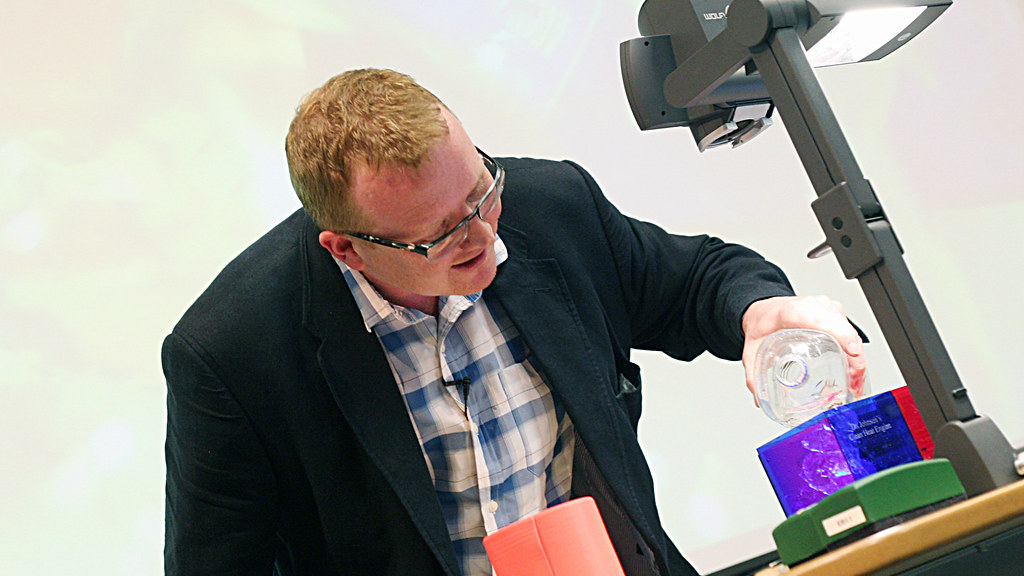The Centre aims to create new piezoelectric and ferroelectric energy harvesting systems capable of converting mechanical vibrations into electrical energy, thermal fluctuations into electrical energy, sunlight into chemical and electrical energy, and vibrations into chemical energy.
One work stream in the Centre will look at novel materials that are capable of harvesting the vibrations of machines or vehicles and converting the energy into electricity. This electricity can then be used to power devices within a vehicle or machine, including damage sensors or consumer electronics.
Another stream aims to develop new methods for water splitting - separating water into hydrogen and oxygen. The process of splitting water to create clean-burning hydrogen fuel has long been the Holy Grail for clean energy advocates.
The University received a grant worth €2.27 million from the European Research Council (ERC) Executive Agency to set up the new Centre. The funding also makes the project lead, Professor Chris Bowen from the Department of Mechanical Engineering, the University’s first ERC Advanced Investigator.
Professor Bowen said: “As we continually strive to create safer and more efficient machines and vehicles, the need to power sensors that can safely sit in potentially very hot and hostile environments near the engine, where batteries would be unsafe or impractical, has increased.
“Clean energies are also a high priority for modern society, and through our research we aim to create nano-structured ferroelectric and piezoelectric materials that can be used to split water, creating clean, environmentally-friendly hydrogen fuel.
“Setting up a world-leading research centre here in the UK will put us at the forefront of this increasingly important field of work. The new Centre brings together experts in from different disciplines, including materials, physics, chemistry and electrical engineering, offering an ideal environment in which to develop new and innovative solutions to generating and harvesting energy.”
Professor Jane Millar, Pro Vice Chancellor for Research, said: “This is an increasingly important area of research and Professor Bowen’s unique expertise in piezoelectric and ferroelectric material, along with the University of Bath’s track-record of high impact materials research, has been recognised by the ERC in their decision to fund this Centre.”
The Centre will fund visiting researchers at the University, and interaction with other leading academics working in ferroelectrics and energy harvesting such as Prof. John Wang of NUS, Singapore and Prof. Vitaly Topolov of Rostov State University.
The ERC funding also allows the new Centre to offer two postdoctoral positions and three PhD studentships over the course of the five-year project.
Updates about the project can be followed on Twitter at @BowenNEMESIS

